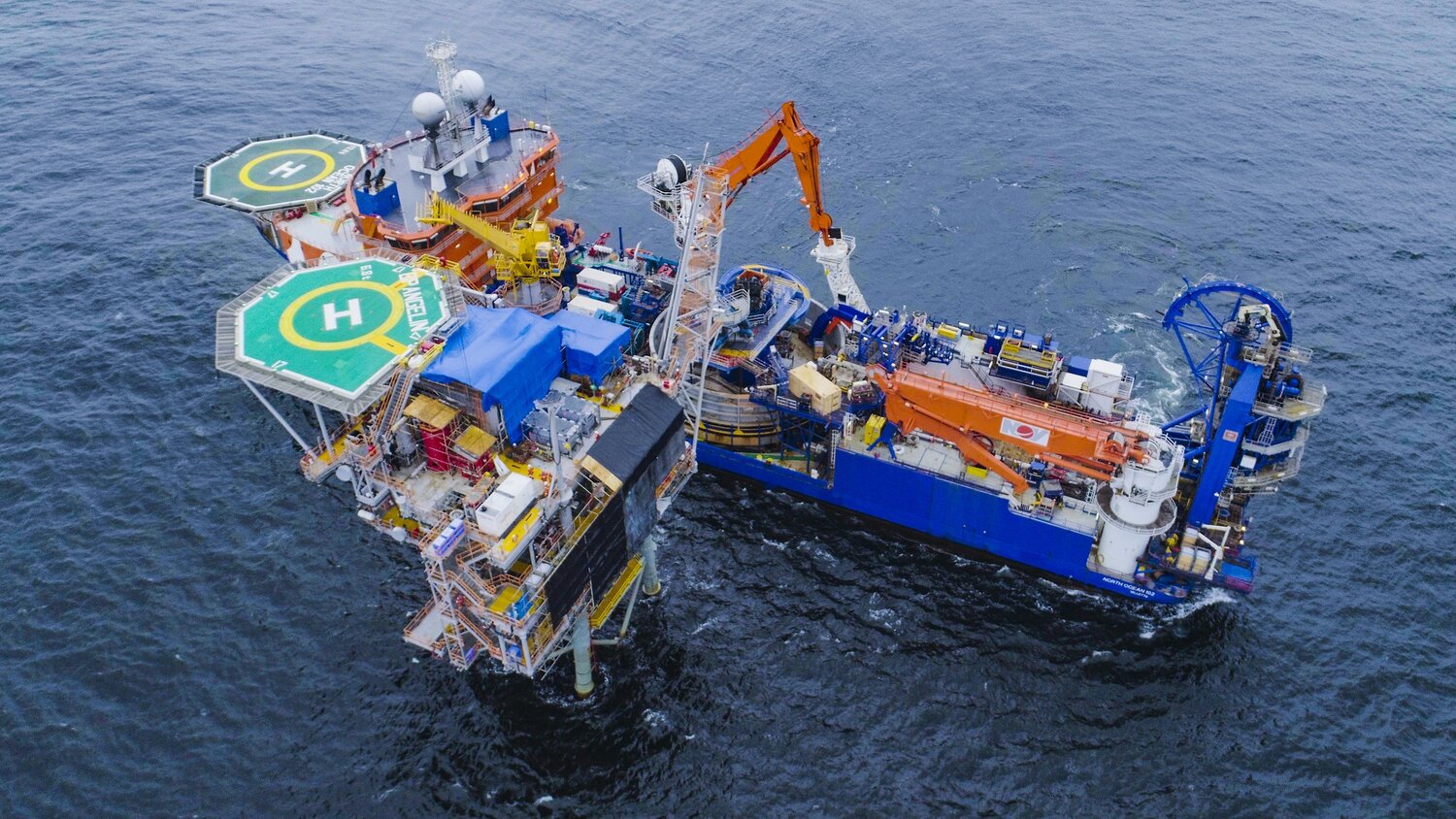On Friday, approximately 27 offshore workers employed with the BPTT oil rig are allegedly infected with the coronavirus, confirmed by a short public statement by BPTT’s Communications Adviser, Luis Araujo.
BP Trinidad and Tobago (bpTT) “can confirm that as part of testing conducted on the Maersk Discoverer drilling rig during the period May 3-9, 27 persons have tested positive for covid19. All those who have tested positive for covid19 are receiving care at approved isolation facilities,” said Araujo.
BPTT has been working with the Ministry of Health in dealing with the cases and their essential contacts. However, the statement made by the company stated that only fundamental staff remain on the rig, which was said to have gone through profound sanitization.
“Our priorities remain the health and safety of all persons who work for us and we will continue to take the necessary measures to safeguard all personnel,” Araujo said.

The Maersk Drilling website, which contracts out its oil rigs to energy organizations everywhere in the world, said the Maersk Discoverer can oblige up to 180 people on board, which is a semi-submarine drilling rig that works in a water profundity of 500-3,000 meters and at the greatest boring profundity of 10,000 meters.
On April 22, two other oil organizations, Shell TT Ltd and EOG Resources Ltd revealed covid19 cases among workers.
Shell said ten individuals onboard its Dolphin office were positive, while EOG revealed an implicit number of cases at its shore base at Chaguaramas.
On that day, 23 individuals on offshore platforms were among the country’s 167 new cases, confirmed by the Ministry of Health’s day-by-day update.
Shell and EOG each expressed their obligation to deal with their employees and thoroughly sanitize those facilities.
Additionally, several offshore workers have been impacted by COVID-19 in two significant ways. First, the virus has put their jobs at risk. As people across the world practice social distancing and work from home, they are buying less fuel in an oil economy that has already been struggling.
With the price of petroleum falling because of a volatile market and a lack of demand, workers are experiencing cut hours and a lack of job security.
Secondly, the virus is placing their health at risk. Virus outbreaks on oil platforms are a concern. Workers share equipment, are in close proximity to each other, and are far from medical facilities.


COMMENTS